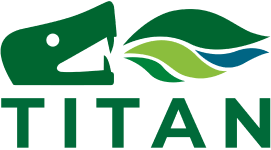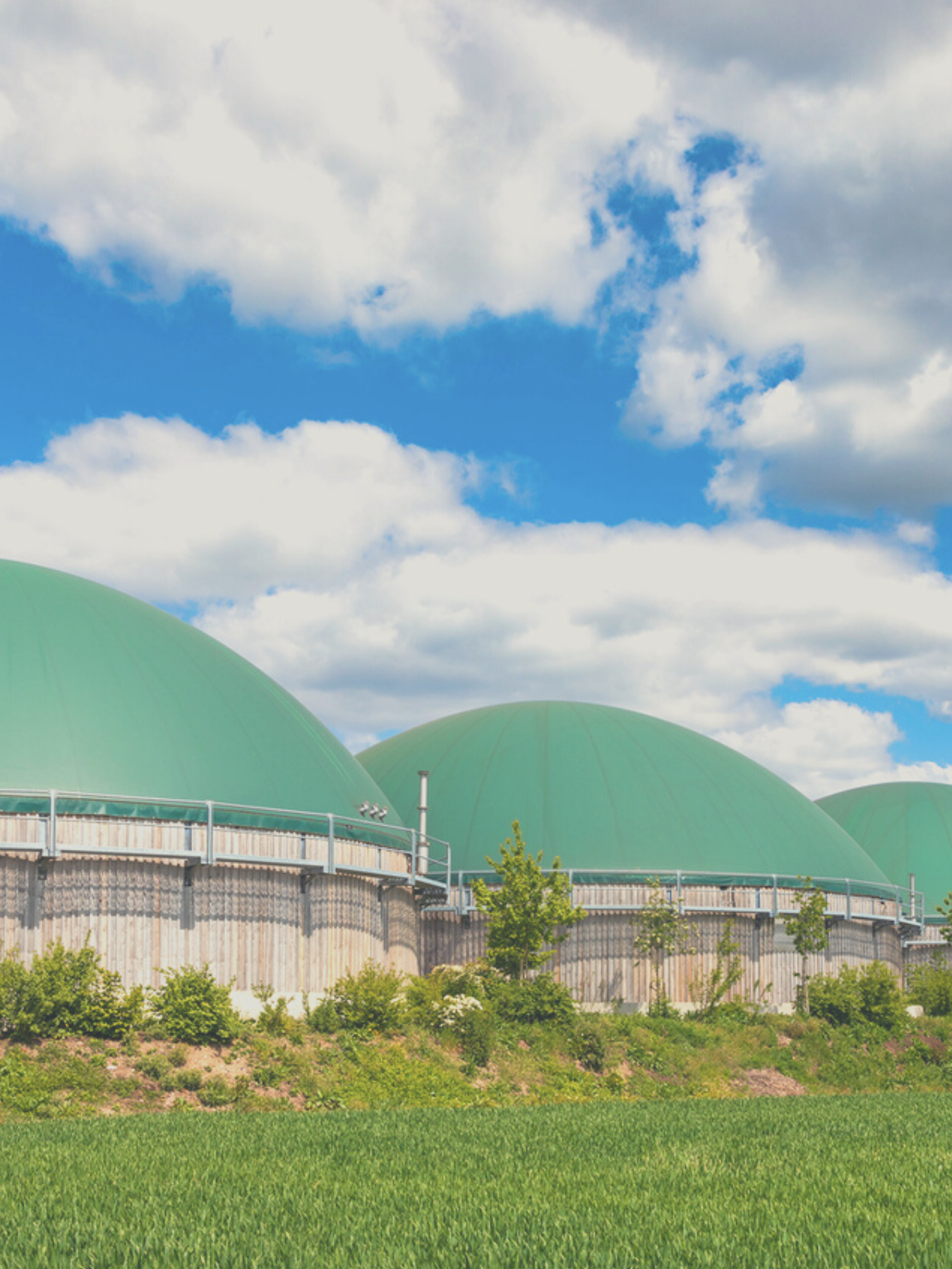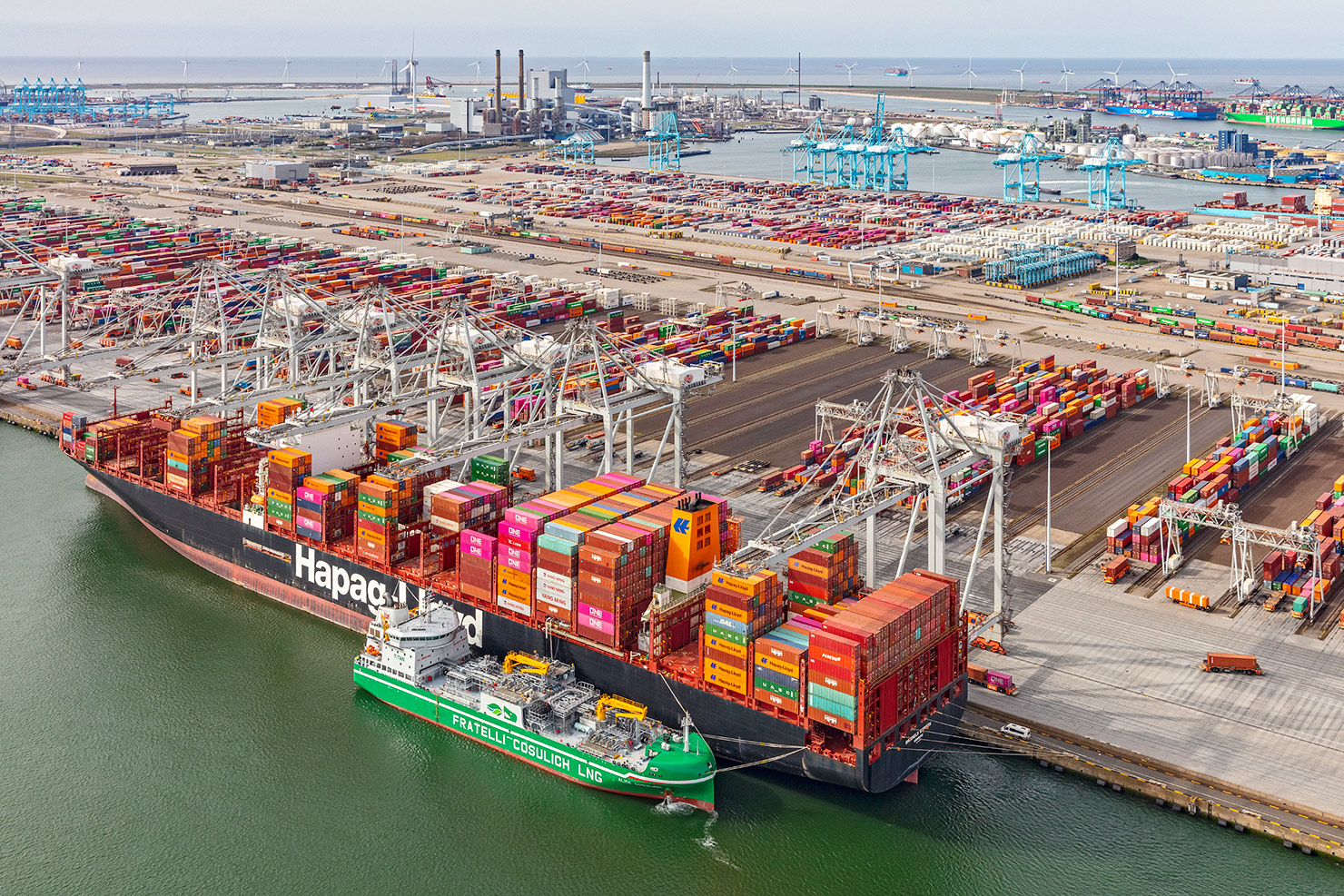Titan’s mission is to decarbonize shipping by supplying Liquefied Biomethane (LBM) – also known as Liquefied Biogas (LBG) or BioLNG – and other carbon neutral fuels such as hydrogen-derived methane – also known as eLNG or renewable synthetic LNG.
In the future, Titan will also deliver additional carbon neutral fuels that prove safe, scalable, and commercially viable. It is anticipated that this will take at least 5-10 years for green methanol and green ammonia.



